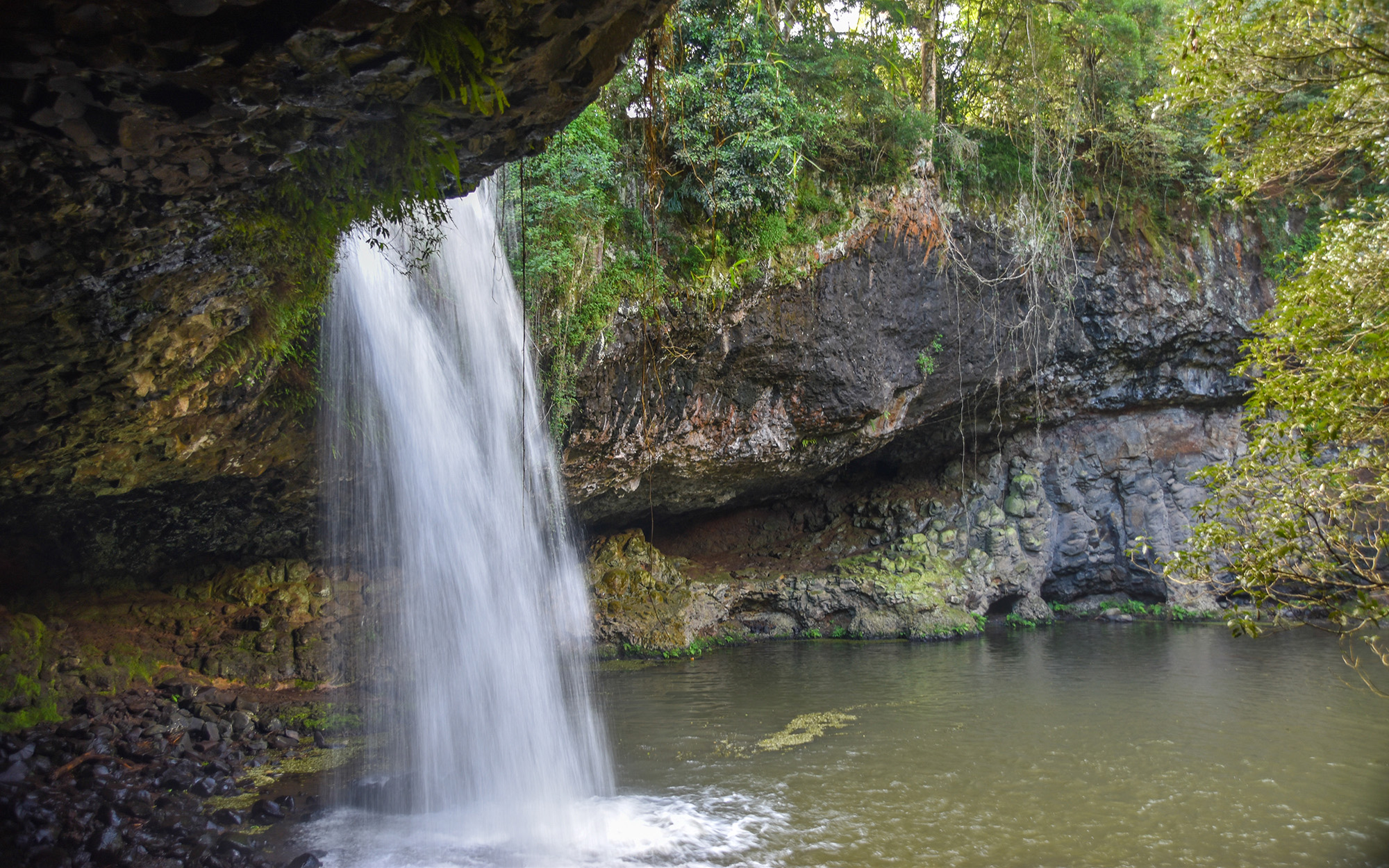Groundwater is the water below the land surface. Groundwater slowly moves between gaps in rocks and sediments. It connects to rivers, streams, lakes and wetlands. Trees and other vegetation can tap into groundwater. It can be thousands to more than a million years old.
Discover what groundwater is
View our animated video to discover what groundwater is and why it is important.
Groundwater recharge vs recovery
There are different ways that water travels into a groundwater system. This video explains some of the factors that affect the process.
Learn more about groundwater
What is groundwater?
Groundwater is the water below the land surface. Groundwater slowly moves between gaps in rocks and sediments. It connects to rivers, streams, lakes and wetlands. Trees and other vegetation can tap into groundwater. It can be thousands to more than a million years old.
Groundwater behaves differently to surface water. Under natural conditions, groundwater moves from areas of recharge to areas of discharge. Recharge is the movement of water into a groundwater system from rainfall, flooding, rivers or streams. Under natural conditions, groundwater discharges into springs, lakes, rivers or wetlands. Groundwater levels can change naturally over time due to changes in weather patterns and climate. Groundwater levels can also react to withdrawal by humans using wells or bores. This extraction also has the potential to alter the natural flow of groundwater.
Although groundwater occurs everywhere below the ground, its quantity and quality varies. The ability to get water out of the ground (yield) and the quality of the water depends on the geology and the climate. Some groundwater is fresh and suitable for drinking. Other groundwater can be salty or contaminated, making it unsuitable for some uses.
Groundwater becomes particularly important as a source of water during drought.
What is a groundwater system
A groundwater system is any type of saturated sequence of rocks or sediments that allows groundwater to flow through the spaces between grains of sand, gravels and other alluvium or cracks in rocks. Thick sequences can store and transmit large volumes of groundwater, whilst others may only yield small quantities.
What is an aquifer?
The term ‘aquifer’ is commonly understood to mean a groundwater system that can yield useful volumes of groundwater.
Why manage groundwater?
Groundwater is an important source of water for towns, industries and irrigators. Those water users can rely on groundwater extraction to support their activities. Also, many landholders rely on groundwater for domestic and stock use. Groundwater is also important for the environment. It supports some ecosystems and provides base flow to rivers.
Over-extraction or contamination of groundwater can have serious, long-term and sometimes permanent impacts on the groundwater system. This may ultimately reduce the volume and quality of water available for the users and ecosystems that depend on this groundwater.
